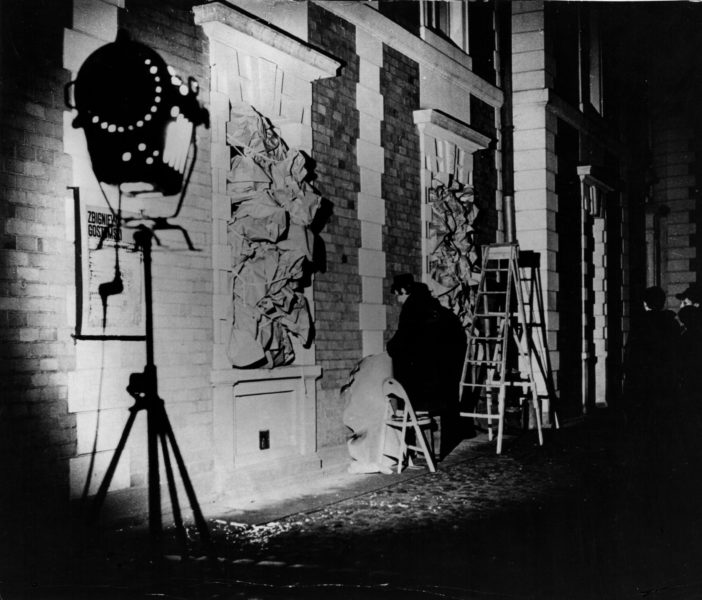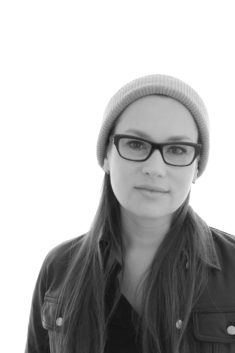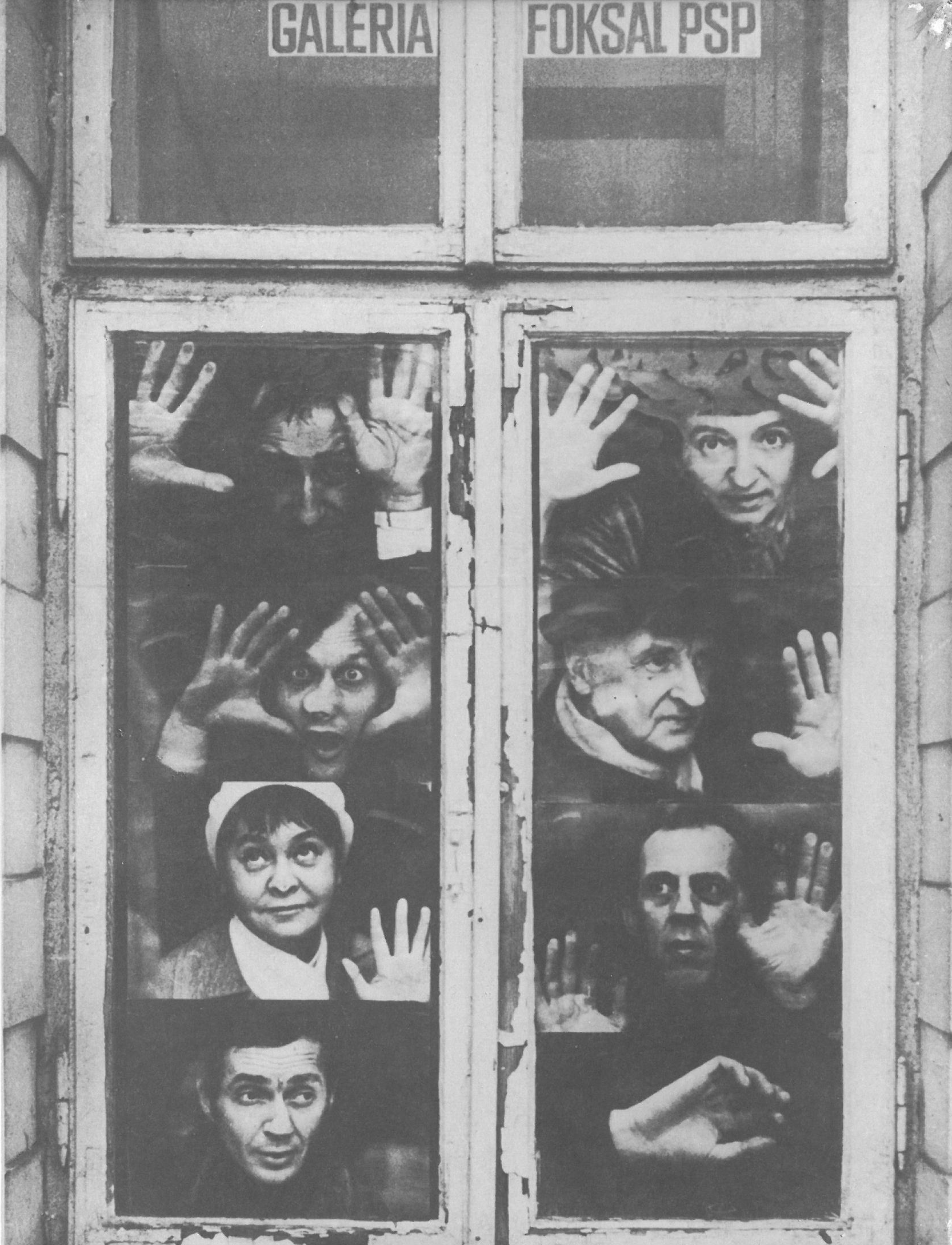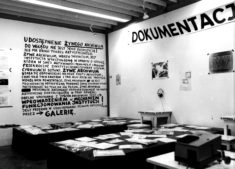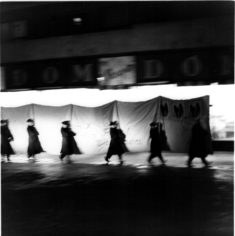About the exhibition
Founded by
artists and critics in 1966 in Warsaw, Poland, the Foksal Gallery has thrived
through transitions in the realms of government, the economy, and the art
world. Today, at a time when New York City’s artist-run spaces are encountering
serious threats to survival, the case of Foksal Gallery becomes ever more
relevant. How does Foksal Gallery illuminate new ways of building a sustained
art community and legacy? The archives tell the story of the gallery as a model
of an arts space run as a collaboration between artists and critics and engaged
consistently in critical reflexive dialogue about its purpose/mission and
meaning.
The exhibition opens on the occasion of Foksal Gallery’s 5th anniversary featuring the Foksal Gallery Archive’s unique set of resources of original papers, photographs, printed matter and artworks collected since the gallery’s founding. The exhibition includes early exhibition catalogues, invitations, posters and flyers, often designed by the artists themselves. Original material such as maquettes and designs for exhibitions are also to be found, as well as a large amount of photographic documentation of performances, installations and social gatherings at the gallery as well as sound and moving image recordings of early happenings and events.
The theoretical writings of the core critics who formed Foksal’s philosophical agenda, such as Wiesław Borowski, Hanna Ptaszkowska, Mariusz Tchorek and Andrzej Turowski, were provocations towards rethinking how art could be presented. This exhibition pays homage to their work and theoretical rigor which emphasized new artistic concepts that changed how art could take place and disperse itself. These key texts form the enduring legacy of the Foksal Gallery.
Thoughts Isolated, the exhibition’s title, is excerpted from a text entitled “The Living Archives” by Wiesław Borowski and Andrzej Turowski (1971), in which the artists-critics stated in bold text: “WE DO NOT PRESENT HISTORY BUT WE KEEP THOUGHTS ISOLATED.” This notion captures Foksal Gallery’s continued exploration of role of the archive in the gallery’s program. The archive as a recurring conceptual figure is also to be found in Tadeusz Kantor’s Panoramic Sea Happening (1967), during which a set of archival documents was submerged at sea; in Borowski and Turowski’s The Living Archives exhibition (1971), where the entire gallery was transformed into an information exchange for international conceptual art documents; and most notably in traveling exhibitions to Edinburgh, Glasgow and London in 1979-1980. As we trace the various ways in which the archive was staged throughout the history of the gallery, this exhibition is similarly an experiment with archival practice.
In its current state, housed in same small gallery space in Warsaw in wooden boxes designed by the artist Krzysztof Wodiczko in the 1970s, the Foksal Gallery Archive demonstrates the role played by the gallery in shaping the history of contemporary Polish art. These materials give evidence of the experimental nature of the works displayed at the gallery by Polish artists like Zbigniew Gostomski, Maria Stangret, Tadeusz Kantor, Edward Krasiński, Krzysztof Wodiczko, Jarosław Kozłowski and Stanisław Dróżdż. It constitutes a singular collection of records which are of immense value in both artistic and historical terms and document fifty years of work within various political realities and in collaboration with a diversity of artists, from Henryk Stażewiski, pioneer of Polish avant-garde, to an international roster of conceptual artists like Lawrence Weiner, Daniel Buren, Christian Boltanski, and Ben Vautier.
Curators: Katherine Carl, Katarzyna Krysiak, David Senior.
Cooperation: Bartek Remisko and Martyna Stołpiec. With special thanks to Anna Ficek and Jennifer Wilkinson.
Organizers: James Gallery, the Graduate Center, CUNY and Foksal Gallery,
Mazovia Institute of Culture, Warsaw.
The exhibition was made possible by the Ministry of Culture and National Heritage of the Republic of Poland; the support of the Polish Cultural Institute-New York; and the patronage of the Adam Mickiewicz Institute/Culture.pl; and Anka Ptaszkowska.
Additional support from The Consulate General of the Republic of Poland in New York; The Kosciuszko Foundation; The Polish Institute of Arts & Sciences of America, Inc.; Artists Alliance Inc.; Artists Space; CEC ArtsLink; EFA Project Space; Franklin Furnace; NURTUREart Non-Profit, Inc.; Residency Unlimited.

